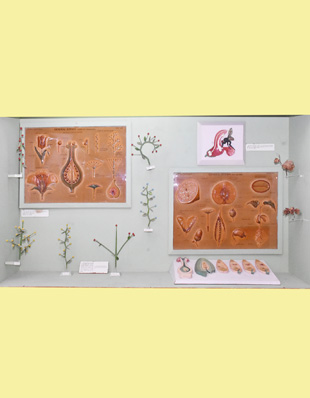
Introduction
Systematic Botany deals with the classification of plants. The study is based upon the structural resemblance of plants and is helpful in identifying them. The resemblance are brought out by describing, naming and arranging the plants in a methodical manner for which a thorough knowledge of morphology is necessary. At first people took interest only in useful medicinal and crop plants. This naturally left out of consideration very many plants, which were not known to be either medicinal or otherwise useful. Later on, plants were classified into herbs, shrubs and trees. Still later on, Linnaeus, hailed as the father of systematic botany, gave out a classification based on the nature of stamens and pistils of flowers. This system of classification is also known as the 'sexual system'.
There are a number of systems of classification named after the botanists who gave them out. The current systems of classification are those of Benthem and Hooker, Engler, Bessey, Hutchinson and Tippo. The system of Benthem and Hooker is often followed in British Commonwealth, Engler's in Europe and the Eastern half of U.S.A. and it is true, that none of them can claim to be a perfect system. It may be stated that all of them serve as good keys for the purposes of identification of any given plant.


